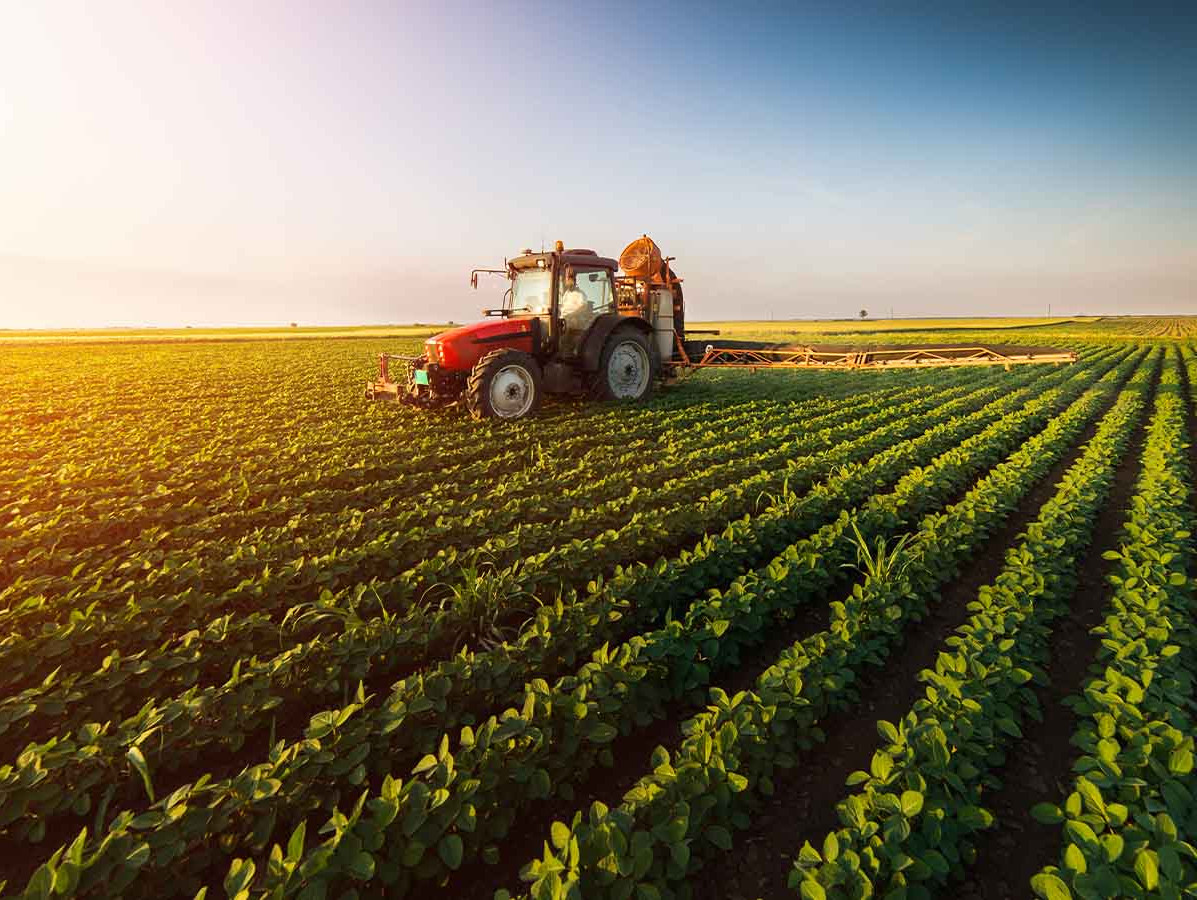
In 2022, the European Union gathered a record 110,829 food samples, marking a 25% increase from the previous year. Analysis revealed that 96.3% of these samples contained pesticide residues within legally permitted levels. In the specifically coordinated EU control program (EU MACP), an even higher 98.4% of the 11,727 analyzed samples were found to comply with legal limits.
The EU MACP focuses on randomly selected samples from 12 different food products, including apples, strawberries, peaches, both red and white wine, lettuce, head cabbages, tomatoes, spinach, oats, barley, cow's milk, and pig fat. Of these, 51.4% were completely free of measurable residues. About 47% contained one or more residues but remained at or below the maximum allowable levels. Only 1.6% exceeded these limits.
The data show a slight decrease in the percentage of samples that exceed maximum residue limits (MRL), from 2% in 2019 to 1.6% in 2022. The exceedance rates for apples, peaches, strawberries, wine, and pig fat have dropped since 2019. No cow's milk samples were found to exceed the MRL, consistent with findings from 2016 and 2019. However, increases were observed in head cabbages, tomatoes, lettuce, barley, and oats.
All results from the monitoring programs are accessible through an interactive visualization tool on the European Food Safety Authority (EFSA) website. This tool is improved annually to make the data more accessible to non-specialists. EFSA has also conducted a risk assessment showing that EU consumers' exposure to pesticide residues is low and does not pose a significant health risk. Nevertheless, EFSA notes that there is room for improvement in the efficiency of European control systems for pesticide residues.
Source: EFSA